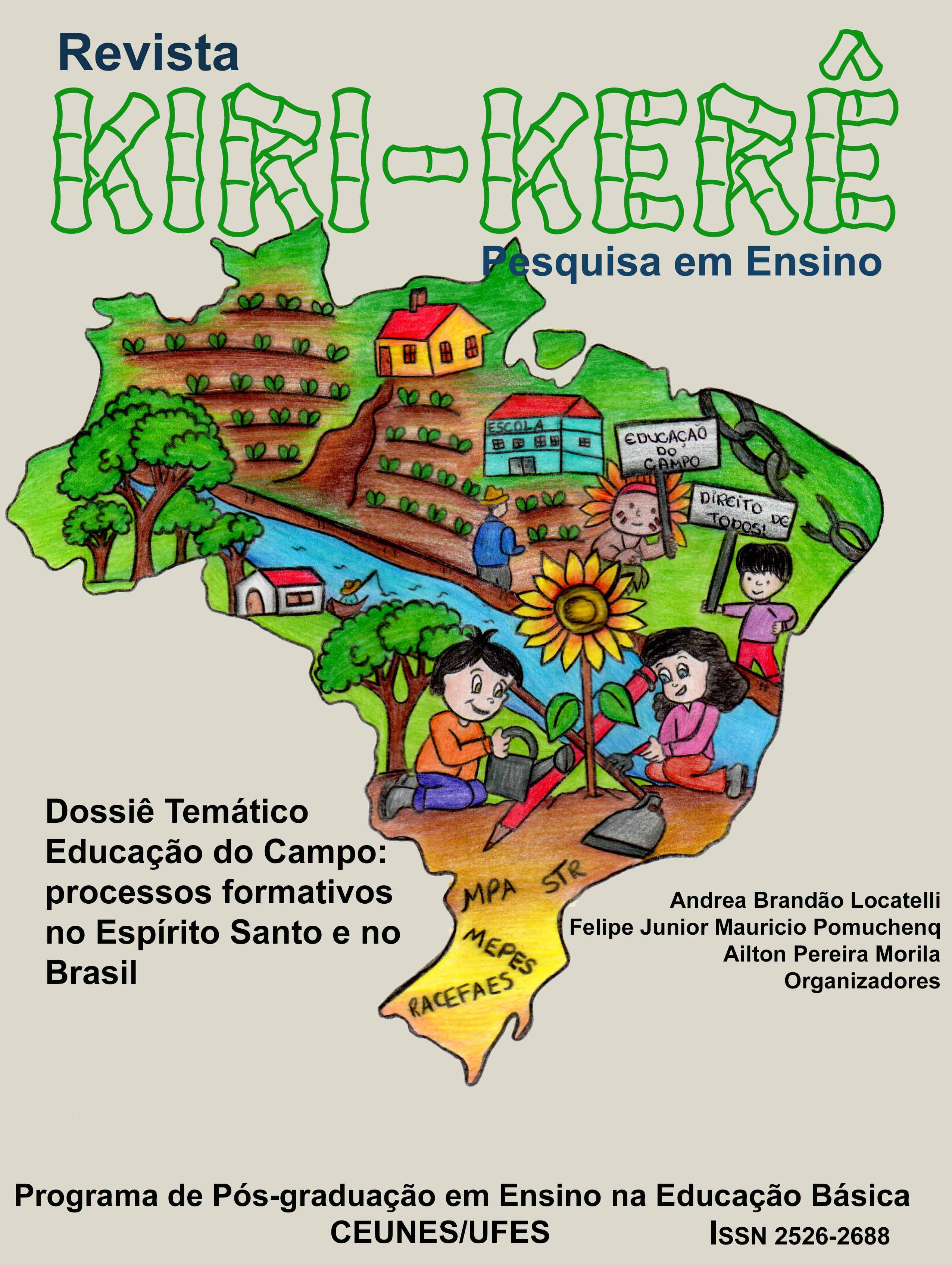Environmental Education in the school of campo curriculum:
pedagogical proposals of a Agricultural Family School
DOI:
https://doi.org/10.47456/krkr.v1i4.30771Abstract
This research investigated how Environmental Education is present in the curricular proposals and practice of a Agricultural Family School in the north of the state of Espírito Santo. The adopted methodology attributes to the research a qualitative character of the ethnographic type using three procedures for obtaining data: participant observation, document analysis and semi-structured interview. The documents analyzed were the Pedagogical Political Project, the Annual Activity Planning and the Agricultural Family School Teaching Plan. The interviews were conducted with 11 students from the 3rd and 4th grades of high school / technical-professional. The results show that, within the curricular proposals of the Agricultural Family School, the Environmental Education is presented in an inseparable way from the educational and daily issues of the students in the field. The environmental theme is worked within the diverse areas of school knowledge, technical disciplines and in the form of projects, made through complex reflections on the environmental, social and political context, always emphasizing the consequences that human action generates on the land in the municipality, region and world. Thus, it is concluded that the Environmental Education is diluted in the curricular proposals and in the pedagogical practice of Agricultural Family School in the north of Espírito Santo.
Downloads
Downloads
Published
Issue
Section
License
The authors accept, when sending their works, the assignment of their copyrights.

